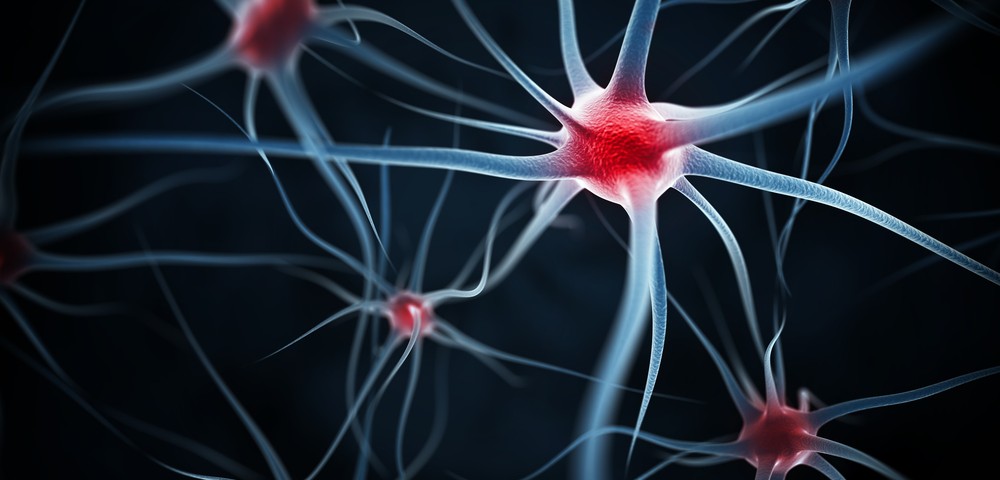The National Brain Tumor Society (NBTS) and Oligo Nation, will grant $250,000 to fund a preliminary study of a new immunotherapeutic approach to treat oligodendroglioma, a type of brain cancer.
The study, “Anti-CD47 Based Multimodality Immunotherapy Against Malignant Oligodendroglioma,” will be conducted by Dr. Samuel Cheshier, Assistant Professor of Neurosurgery at Stanford University School of Medicine and colleagues according to a May 16 press release.
The new Sanford University research study builds on over two decades of work which has already proven that the CD47 protein sends a “don’t eat me” signal to immune cells, thus hiding tumors from the innate immune system.
CD47 is involved in a range of cellular processes that include apoptosis, proliferation, adhesion, and migration. It also plays a key role in immune and angiogenic responses. CD47 is ever-presently expressed in human cells and has been found to be overexpressed in many different tumor cells, including oligodendrogliomas.
The research team at Stanford has created an antibody that is able to block the “don’t eat me” signal allowing macrophages (cells of the immune system) to detect and destroy tumor cells.
The ground-breaking immunotherapeutic approach is currently in Phase I studies for a number of solid tumors and blood cancers at Stanford University. The study aims to determine if patients with oligodendroglioma can clinically benefit from the anti-CD47 treatment approach. So far, results from laboratory tests have shown that the method is effective.
Researchers will now conduct studies based on three approaches:
– Test anti-CD47 using multiple animal models. Successful in vivo (animal) trials are essential to add oligodendroglioma to the brain cancer arm of anti-CD47 treatment trials. The clinical trials should begin early next year.
– Conduct in vivo animal testing of the anti-CD47 antibody in combination with various immunotherapies, including EGFR inhibitors and anti-CD40 agents. In theory, the combination of immunotherapeutic compounds may increase patients’ treatment response. Successful results would allow for Phase II studies of these combinations when an anti-CD47 monotherapy Phase II clinical trial terminates.
– Perform in vivo testing of the efficacy of combined immunotherapies that encourage an adaptive response from the immune system, including checkpoint inhibitors (PD-1, PDL-1, and CTLA-4). Combining innate and adaptive immune responses may create a stronger anti-tumor effect.
“This grant represents hope for families living with Oligo today,” Brock Greene, the founder of Oligo Nation and the father of two sons with oligodendroglioma tumors, said in the press release. “This research is designed to help the current generation of Oligo patients — not patients that will be diagnosed in 5 or 10 years — with a clinical trial anticipated within 18 months. We are purposefully leveraging a potentially important immunotherapy approach that is already on the path, hopefully, to FDA approval. The first time I met with Dr. Cheshier nine months ago, I knew anti-CD47 was an important opportunity for the Oligo community. I am excited that today we are moving forward.”
David F. Arons, Chief Executive Officer of the National Brain Tumor Society is hopeful that the project will lead to better treatment against oligodendroglioma.
“To date, the Oligodendroglioma Research Fund has granted nearly $2 million in research funding, across multiple projects. Immunotherapy is an important treatment strategy to pursue, and emerging results from its use in other areas of oncology demonstrate the potential this approach could have for oligodendroglioma and other brain tumor patients,” Arons said. “We’re grateful for the opportunity to fund this novel research effort in collaboration Oligo Nation, and are hopeful that this project will lead to a future clinical trial and advance treatment options for oligodendroglioma patients.”
Oligodendrogliomas are a type of glioma of unknown cause that are believed to originate from the oligodendrocytes of the brain or from a glial precursor cell. They occur primarily in adults (9.4% of all primary brain and central nervous system tumors) but are also found in children (4% of all primary brain tumors). The average age at diagnosis is 35 years.


